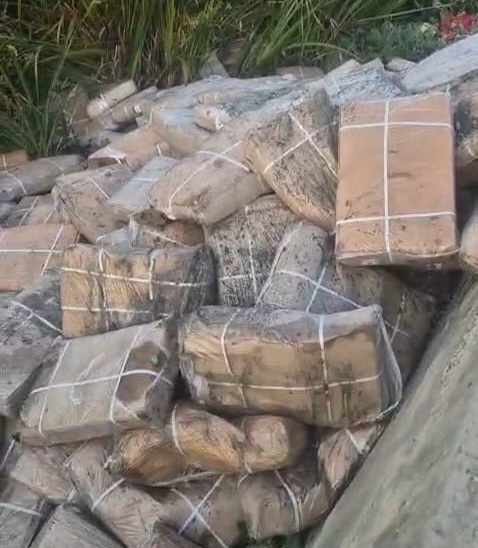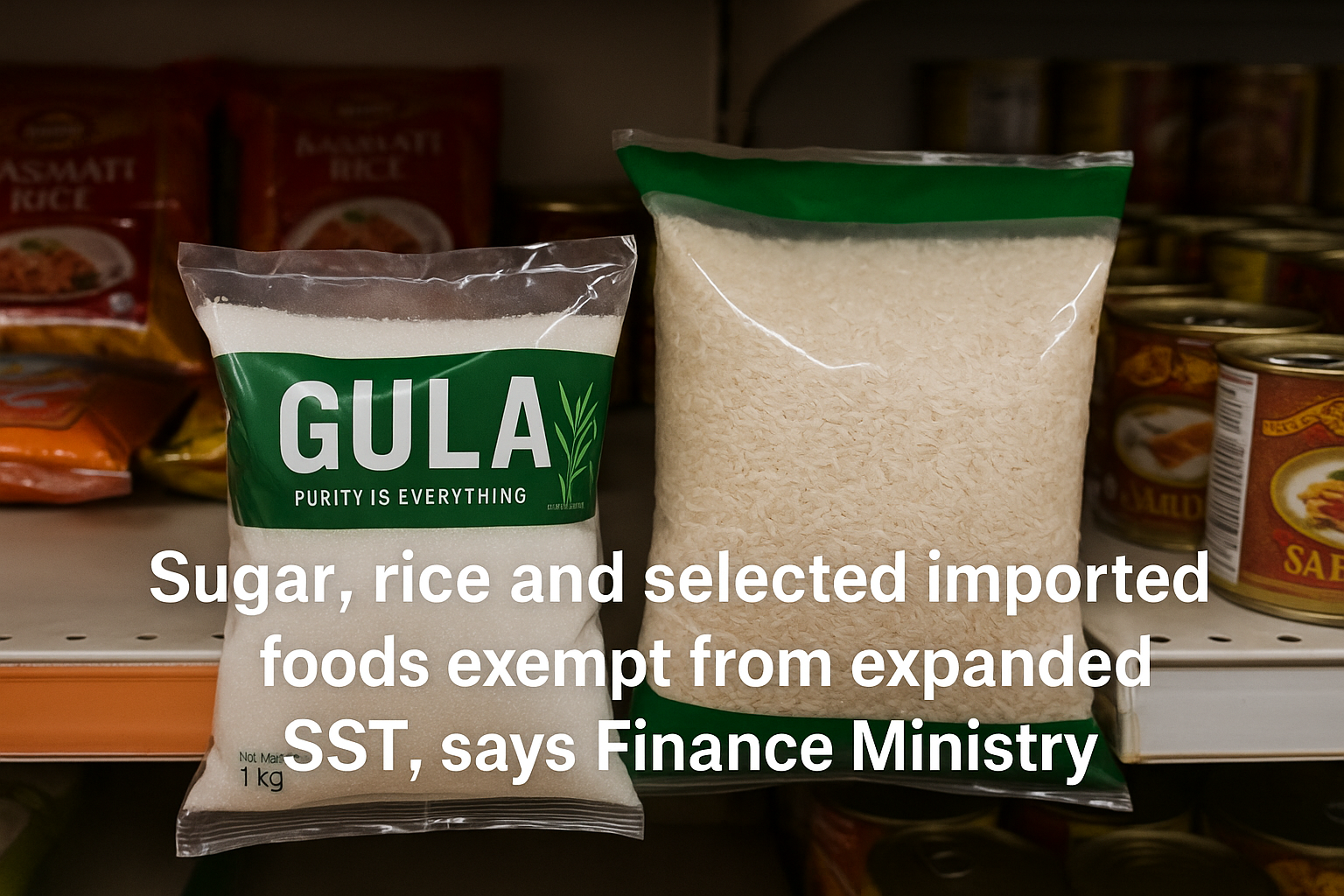The streets of Srinagar, usually alive with the aroma of sizzling kebabs and the chatter of families out for a meal, have fallen eerily quiet. Kashmir’s beloved eating-out culture has been dealt a heavy blow after authorities seized over 3,000 kilograms of rotten and substandard meat from various parts of the Valley in recent days.
The shock deepened on Saturday when mounds of decaying meat were found dumped near SKIMS Hospital in Soura. For many, the sight — and the thought of what might have been on their plates before — was enough to turn their stomachs. Videos and pictures flooded social media, sparking anger, disgust, and a sense of betrayal among residents.
“I feel utterly betrayed,” one netizen wrote. “We trusted these eateries with our health and our families’ safety, and this is what we get in return? How long have we been unknowingly eating this garbage?”
Dining Rooms Empty, Trust Broken
A visit to Lal Chowk on Saturday painted a grim picture. Tables that once bustled with weekend crowds now sat empty, even during peak lunch hours. For people like Sameer Ahmad from Pampore, the decision to skip his favourite fast food and Wazwan wasn’t just about appetite — it was about trust.
“After watching those videos, I just couldn’t do it. I bought fruits instead,” he said.
In a region where meat is more than just food — it’s a part of identity — even the most die-hard meat lovers are turning to vegetarian options out of fear. Amir Bashir from Nowhatta confessed that for the first time in years, he had lunch at a vegetarian restaurant. “It wasn’t my first choice, but at least I felt safe.”
Takeaway Culture Hit Hard
Ready-to-serve Wazwan — from kebabs to ristas and goshtabas — once the pride of Kashmiri hosting, is now being avoided. Shazia from Nishat said she would rather cook from scratch than risk buying from vendors. “I can’t serve my guests something that could make them sick.”
Honest Businesses Suffer Too
For restaurant owners like Yasir Ahmad in Bemina, the scandal has brought not just losses, but frustration. “I work hard to serve fresh, clean food. But one person’s greed is ruining everyone’s livelihood. Authorities need to scan every restaurant, every vendor — no exceptions.”
Call for Accountability
Residents and civil society members are urging the government not to let this be another short-lived crackdown. They want a strong, ongoing inspection and certification system so that unsafe meat never reaches kitchens or customers again.
This isn’t just about food. It’s about trust, safety, and the integrity of Kashmir’s cherished culinary culture — a culture now at risk.








